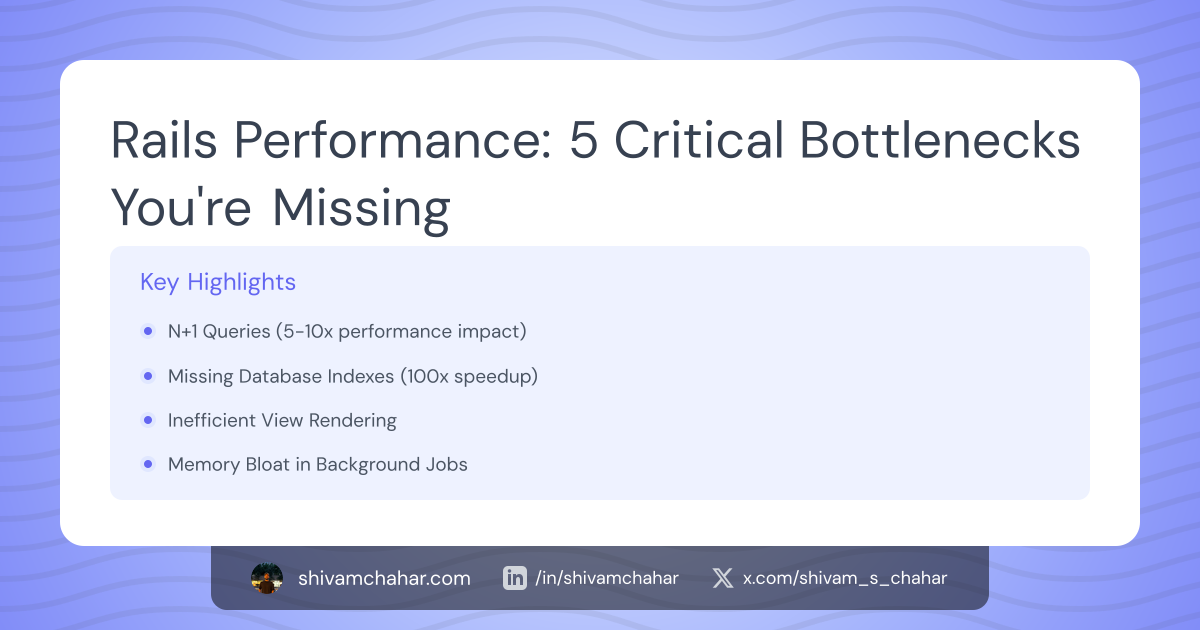A powerful CLI for converting browser extensions into standalone userscripts.
to-userscript bridges the gap between complex, packaged browser extensions and simple, portable userscripts. It takes an extension from the Chrome or Firefox store, a local directory, or a zip/xpi, and creates a single .user.js file that can be run in any userscript manager. This allows you to use, or modify extensions on browsers or platforms that might not natively support them.
- Multi-Source Conversion: Convert from Chrome Web Store, Firefox Add-ons site, direct URLs, local directories, or archive files (.crx, .xpi, .zip).
- Comprehensive API Polyfills: Intelligently replaces common WebExtension APIs (chrome.storage, chrome.runtime, chrome.tabs, etc.) with userscript-compatible equivalents (GM_* functions, IndexedDB, and custom event buses).
- Automatic Asset Inlining: Seamlessly embeds CSS, images, fonts, and other resources directly into the script using data URIs or Blob URLs, ensuring complete portability (replacing runtime.getURL and options/popup pages).
- UI Emulation: Renders extension popup and options pages within an embedded modal (after inlining all asset links), preserving most UI functionality.
- Background Script Support: Emulates the background script environment, allowing persistent logic to run as intended and two way messaging.
- Internationalization (i18n): Respects _locales directories and uses the specified or default locale for names, descriptions, and in-script text.
- Code Optimization: Optional minification (terser) and code formatting (prettier) for the final output.
to-userscript requires Node.js v16 or higher.
You can install it globally using your preferred package manager:
Alternatively, you can run it directly without a global installation using npx, pnpm dlx, or bunx.
Converts an extension into a userscript. This is the primary command.
Syntax: to-userscript convert <source> [options]
<source> Types:
- URL: A Chrome Web Store or Firefox Add-ons URL.
- Direct URL: A direct link to a .crx, .xpi, or .zip file.
- Local Directory: A path to an unpacked extension directory.
- Local Archive: A path to a local .crx, .xpi, or .zip file.
| --output | -o | Specify the output .user.js file path. |
| --target | -t | Set build target. userscript (default) includes metadata, vanilla outputs plain JS. |
| --minify | Minify the JavaScript output using terser. | |
| --beautify | Beautify the JavaScript output using prettier. | |
| --locale | -l | Preferred locale for name/description (e.g., en, fr, de). |
| --ignore-assets | Asset extensions to ignore during inlining (e.g., mp4,webm,ttf). | |
| --force | -f | Overwrite the output file if it exists. |
| --keep-temp | Keep temporary files for debugging purposes. |
1. Convert from the Chrome Web Store with minification:
2. Convert a local directory with French localization:
3. Convert a downloaded XPI to vanilla JS (using pnpm dlx):
A utility to only download the extension archive without converting it.
Syntax: to-userscript download <source>
Generates a metadata block to @require another local userscript.
This command is especially useful for developers creating an extension. You can establish a hot-reload-like workflow:
- Run to-userscript convert ./my-dev-extension/ -o lib.user.js to create your main library script.
- Run to-userscript require ./lib.user.js > loader.user.js to create a tiny loader script.
- Install loader.user.js in Tampermonkey.
- Now, as you make changes to your extension, just re-run the convert command. When you reload the page, Tampermonkey will automatically use the updated lib.user.js file.
Syntax: to-userscript require <path-to-userscript>
The conversion process involves several sophisticated steps, from downloading and unpacking the source to parsing the manifest, processing all resources, inlining assets, and assembling the final script from a series of polyfills and templates.
For a detailed explanation of the internal conversion pipeline, see our Architecture Guide.
Some websites have strict CSP rules that can prevent converted userscripts from functioning correctly (e.g., by blocking style injection or eval-like functions). If your script isn't working as expected on a specific site, you may need to adjust Tampermonkey's security settings.
- In Tampermonkey, go to the Dashboard.
- Click the Settings tab.
- Change Config mode from "Beginner" to "Advanced".
- Scroll down to the Security section.
- For the option Modify existing Content Security headers, select "Remove entirely".
- chrome.storage
- local (backed by GM_* storage or IndexedDB)
- sync (maps to local storage)
- managed (shimmed; read-only and empty)
- onChanged
- chrome.runtime
- sendMessage/onMessage (in-page/iframe communication only)
- getURL (for bundled assets only)
- getManifest
- openOptionsPage: Opens options popup
- chrome.tabs
- create (maps to GM_openInTab or window.open)
- query (shimmed; returns current tab only)
- sendMessage (shimmed; redirects to runtime.sendMessage)
- chrome.i18n
- getMessage
- getUILanguage
- chrome.contextMenus (emulated via GM_registerMenuCommand; limited functionality)
- chrome.permissions
- request/contains/getAll (shimmed)
- chrome.notifications (maps to native Web Notifications API)
- chrome.cookies
- get
- getAll
- set
- remove
- getAllCookieStores
- getPartitionKey
- chrome.tabs.insertCSS
- chrome.tabs.reload
- chrome.tabs.onActivated
- chrome.scripting.insertCSS
- chrome.scripting.executeScript
- chrome.identity:
- getAuthToken
- getProfileUserInfo
- clearAllCachedAuthTokens
- chrome.runtime.onMessageExternal: Shim
- chrome.runtime.sendMessageExternal: Shim
- chrome.webNavigation
- (partial) chrome.permissions:
- Get listeners working
- Removing permission for an origin should persist this change and not match the script on it
- (mostly implemented) chrome.storage: Proper listeners
- chrome.action
- onClicked.addListener: Add menu item for click
- API bindings: import makeUserscript from 'to-userscript';
- Vite plugin
- Take dir and output
- Create reusable listener logic for supporting callbacks/promises
I welcome contributions! Especially to implement new chrome apis, or fix bugs.
.png)




